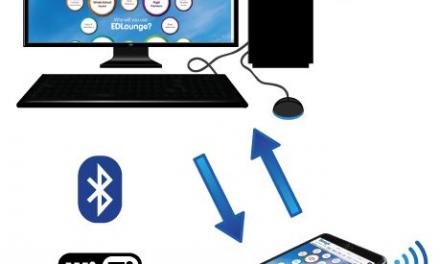With financial literacy now firmly part of the newly introduced curriculum for maths and citizenship, schools have to be focused on looking at the opportunity to equip their pupils with the skills they will need to manage money throughout life.
Financial literacy covers many aspects including:
- Banking
- Saving
- Personal budgeting
- Tax
- Credit
- Debt
- Financial products
Since the launch of this element of learning at both primary and secondary level, a whole raft of amazing resources have sprung up to help both teachers and pupils to fully embrace this crucial life skill.
Help from financial charities
Charities with a desire to educate and support those with financial questions in life have developed a range of teaching resources such as games, quizzes, icebreakers and films to highlight how to gain knowledge as soon as possible in life. National charity MyBnk has been at the forefront of helping schools with their popular Money Marathon game which includes interactive quizzes and a variety of activities which are aimed at all learning styles. They also offer a quiz on Powerpoint as another teaching aid that can be used as a standalone teaching tool.
For those who are London-based, the charity also offers enterprise programmes at no cost and these are facilitated by financially qualified trainers who are passionate about young adults learning the basics of financial management as soon as possible in life before they leave school and encounter issues through lack of basic information.
Learning about money the world over
Financial literacy is important across every nation and so Global Money Week looks to empower those who are currently at school to become responsible and financially skilled citizens. The event takes place from 9-17 March in 2015 and the organises are looking to increase the participation from the 3 million children in 118 countries who took part last year in such initiatives as learning how to save money, becoming an entrepreneur and how to find a reliable source of income.
Case study success
Even though financial literacy has only recently become part of the curriculum in England, it’s not a new concept in all schools.
Glasshouses Primary school in Yorkshire has been applauded for the work they have done with their pupils with their project which focused on how to keep living costs low whilst living in a small village as well as being able to support, sustain and grow the local rural economy. Projects such as these – particularly when you think that the work was carried out at primary level – show that children can have inspirational ideas regarding financial management and that this skill can be drawn upon and developed at an early age to instil the financial literacy requirements of a life after leaving school.
Financial literacy covers all aspects of our lives and it’s vital that schools look to embed elements in all subject areas. Once it becomes second nature then there’s a brighter monetary future for the next generation whether it’s handling their monthly family budget or finding the best deal for the mortgage for their first home.









